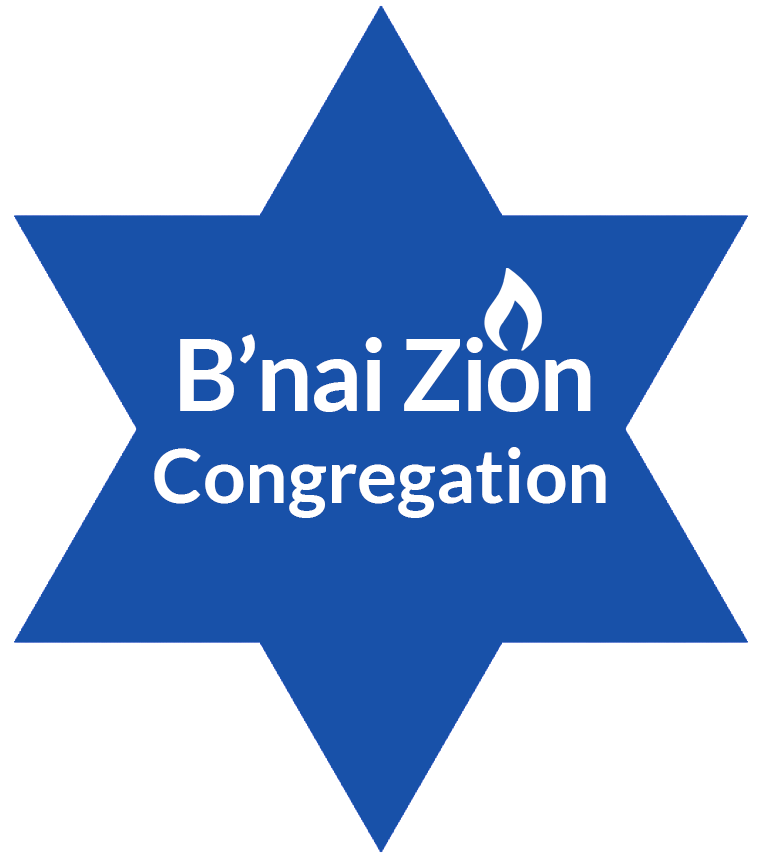Parshat Bo: The Ninth Plague
Exodus 10:23
לֹֽא־רָא֞וּ אִ֣ישׁ אֶת־אָחִ֗יו וְלֹא־קָ֛מוּ אִ֥ישׁ מִתַּחְתָּ֖יו שְׁלֹ֣שֶׁת יָמִ֑ים וּֽלְכׇל־בְּנֵ֧י יִשְׂרָאֵ֛ל הָ֥יָה
א֖וֹר בְּמוֹשְׁבֹתָֽם׃
A person could not see their brother, and for three days no one got up from where they were; but all the Israelites enjoyed light in their dwellings.
How is it that the plague of darkness came to hold the distinguished position as the penultimate plague? It would seem that turning the lights out isn’t as bad as boils, wild animals, or even frogs.
This darkness has two distinct features: one could not see their brother, and one did not move from where they were. In light of the events that took place a year ago yesterday, I believe that this was the darkness. When we become so stubborn that we do not move from our comfortable positions, but remain inflexible to hearing our ideas challenged, that is darkness. When we cannot see that the person in front of us is our brother or sister, even and especially when we disagree, even and especially in troubling times, that is darkness. This ninth plague is not darkness in the literal sense. After the stress, fear, and grief of eight plagues, this is the fracturing of Egyptian society.
I’m reminded of the story of Rabbi Yochanan and his study partner Reish Lakish. When Reish Lakish died, Rabbi Yochana lamented the fact that his new study partner did not challenge his ideas at all: “You are nothing like Reish Lakish! Whenever I would give him an opinion, he would present twenty-four challenges and I would answer him with twenty-four responses. Because of that, the discussion became enlarged and enhanced. But you only provide me with supporting proofs.”
Let our resolution for 2022 be to learn to disagree again. To do so while remembering the humanity of our interlocutor, and without closing ourselves off to challenges. In this way we not only refine our ideas, but bring light to the darkness and healing to a fractured world.
